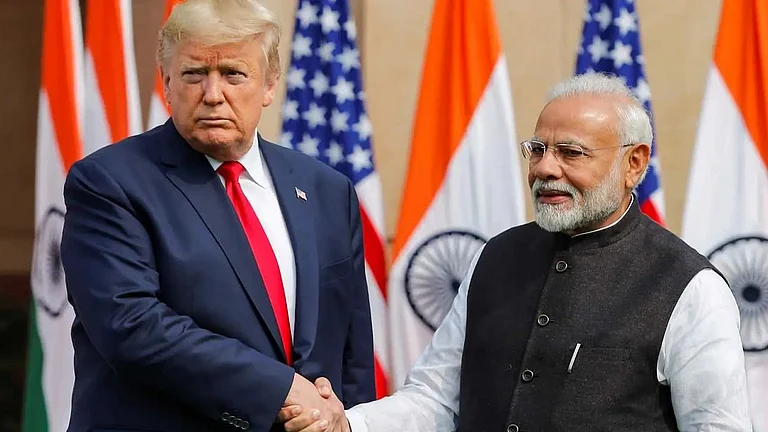After Hyundai, Kia, and Volkswagen, South Korean electronics giant Samsung has received a massive back tax demand from Indian authorities for allegedly dodging import tariffs.
Samsung Slapped With $601 Million Back Tax Demand: Here's Why
"Samsung is a responsible corporation and fully complies with the laws in India. The issue involves the interpretation of classification of goods by Customs. We are assessing legal options to ensure that our rights are fully protected," Samsung India spokesperson said
According to Reuters, which cites a government order dated January 8, Samsung and its executives in India have been ordered to pay $601 million in back taxes and penalties.
The South Korean firm has been directed to pay $520 million in unpaid taxes and a 100% penalty. Seven of its India-based executives, including Network Division VP Sung Beam Hong, CFO Dong Won Chu, Finance GM Sheetal Jain, and Nikhil Aggarwal, GM for indirect taxes, face fines totaling $81 million.
"Samsung is a responsible corporation and fully complies with the laws in India. The issue involves the interpretation of classification of goods by Customs. We are assessing legal options to ensure that our rights are fully protected," a Samsung India spokesperson told Outlook Business.
Did Samsung Dodge Import Duties?
The tax dues stem from the period between 2018 and 2021, when as per Indian authorities, Samsung had not paid duties on imports worth $784 million. These telecom components were imported from Korea and Vietnam and sold to billionaire Mukesh Ambani's Reliance Jio.
The issue came to light after tax inspectors searched Samsung’s offices in Mumbai and Gurugram in 2021.
The dispute concerns the import of "Remote Radio Head" units, key 4G telecom components. Indian officials say these components transmit signals and are subject to tariffs, while Samsung disputes this classification, citing expert opinions.
According to Reuters, Samsung received a warning from Indian authorities in 2023 for misclassifying imports to evade tariffs of 10% or 20% on a critical transmission component.
India's Flurry of Tax Demands
For Samsung, the $601 million back tax demand represents a significant portion of its net profit of $955 million in India last year.
But the company is not alone. In recent years, several foreign firms have faced tax demands from Indian authorities. In February 2025, Volkswagen received a $1.4 billion tax bill, accused of mislabeling imported car kits as spare parts to benefit from reduced tax rates. The company is contesting the claim in Mumbai’s High Court.
Hyundai Motor India faces a tax demand notice of Rs 15 crore from GST authorities for the fiscal years 2020-21 and 2021-22.
